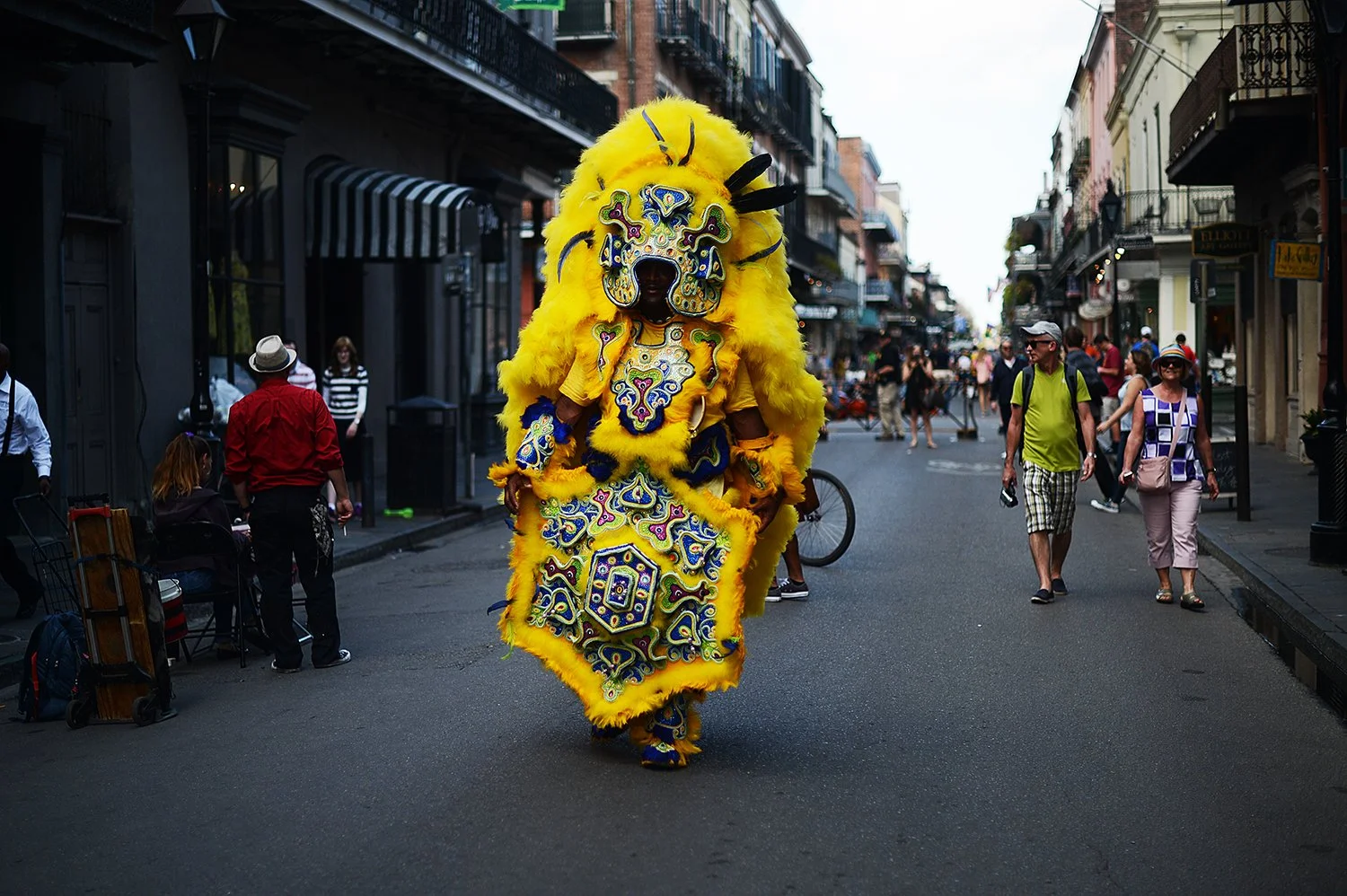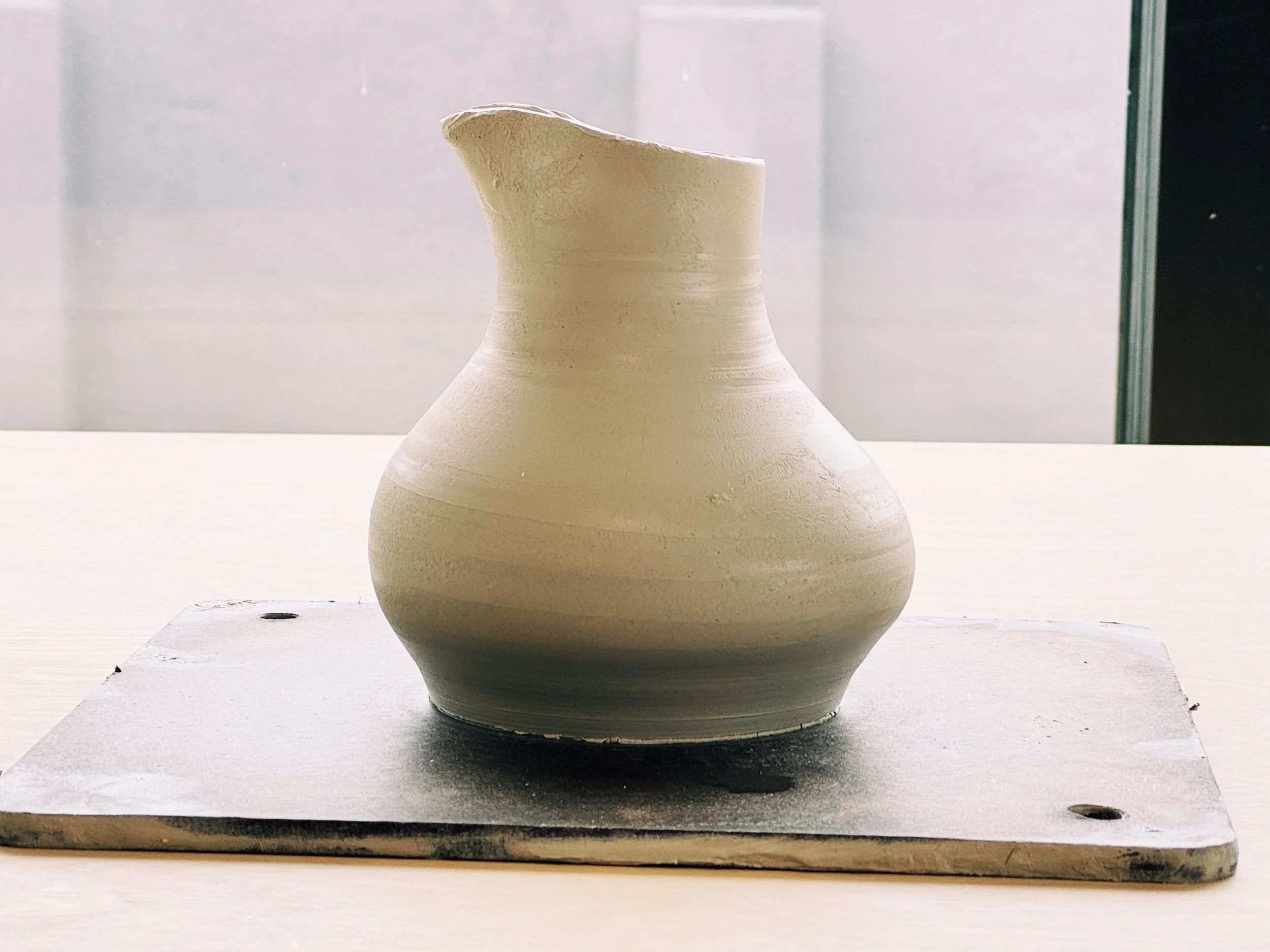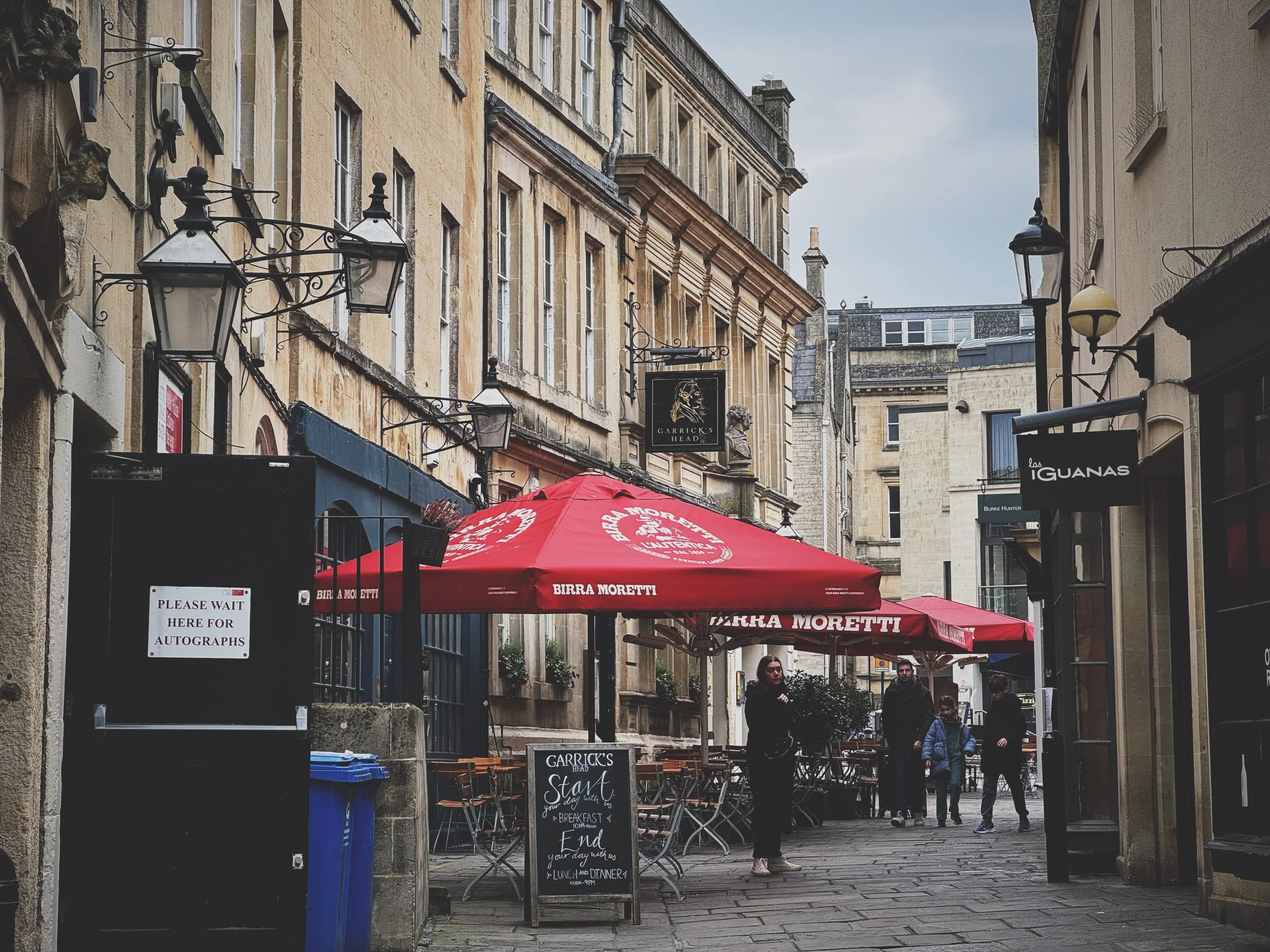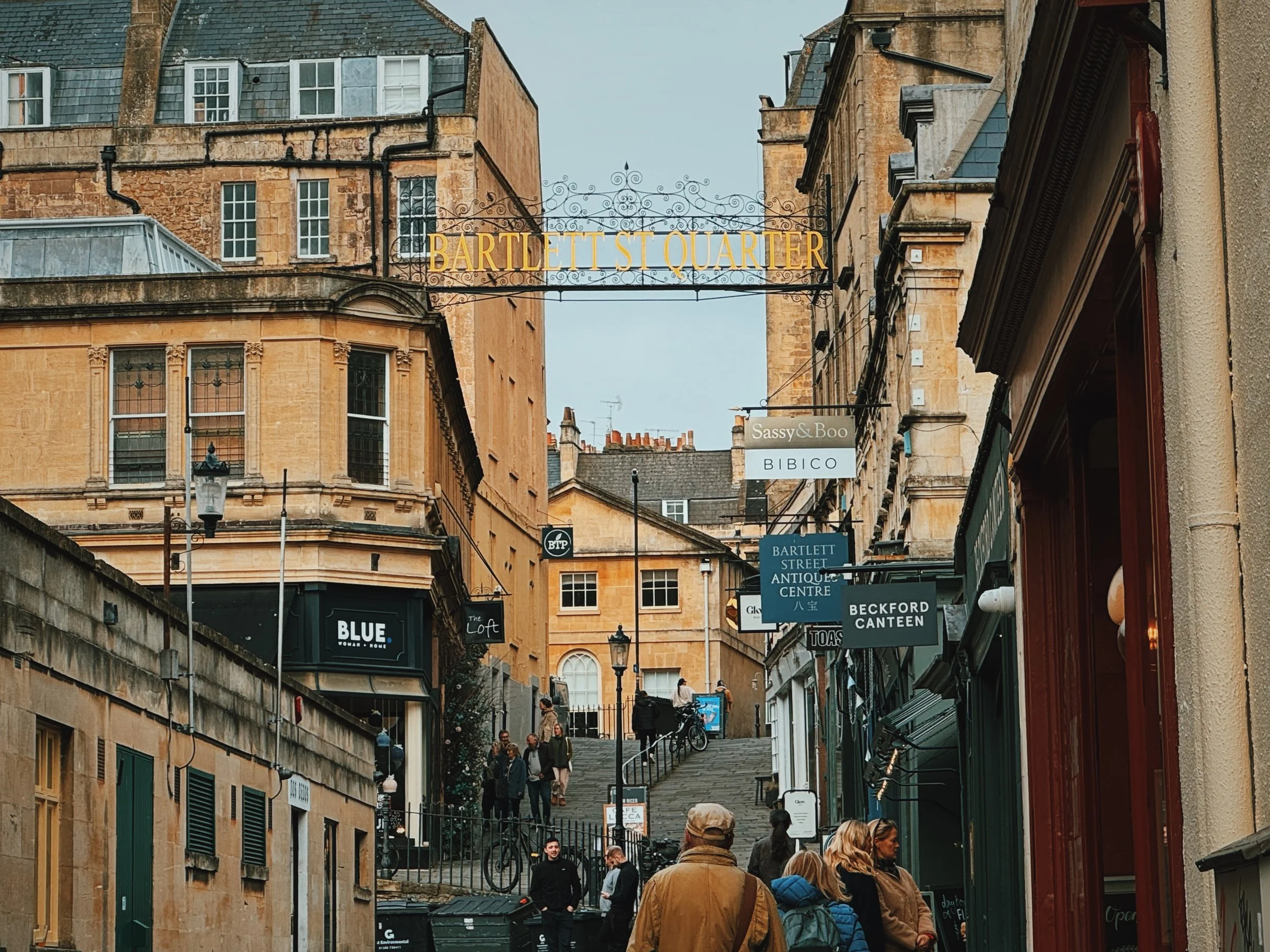deep breath, full life, can't lose
Several years ago, I was at the supermarket and ran into a friend of mine — he’s one of those young-man-old-soul types, with long locs, a calming presence, and a thoughtful brow; it’s no wonder he became an Episcopal priest — and as is custom, I asked him how he was doing.
“Life’s really bu — wait.” He stopped. “I promised myself I wouldn’t say that anymore,” he mumbled, almost as if I wasn’t there. Then he turned his attention back to me. “My life is full.”
I’ve never stopped thinking about this reframe. Obviously, there are times when life is overwhelming — unexpected challenges arise, tragedy strikes, shit comes out of nowhere. I’m not talking about those things. But I suspect that most of the time, our lives are busy in exactly the way we’ve designed them to be. We’re taking care of partners and kids. We’re working hard in our chosen professions. Maybe we’re traveling. We’re doing volunteer work. We’re nurturing friendships. Life is just life-ing. And during these times, while calling life “busy” would be accurate, using the term “full,” has … I don’t know, a note of gratitude in it? Maybe? An acknowledgment that perhaps even though our busy lives are exhausting, there’s goodness there. I’m not suggesting that we use the term to minimize when we’re in real struggle, at all. But maybe — when there really is very little to complain about — it’s a term that can help remind me that life is, for the most part, good.
To that end: my life is very full these days, friends.
A few days ago, I was speaking with a friend of mine who confided that as this year draws to a close, contrary to her expectations, 2023 has been really disappointing. I have to admit that I was shocked: it had been a banner year for her, career-wise, with her work drawing international attention and acclaim. “Say more,” I said. “Because from the outside, this year seemed like a triumph for you.”
While admitting that her work was going well, she also shared some personal challenges that arose over the past twelve months that were difficult. “It feels weird that my personal life and professional life have been so different,” she said. “All I want to do is weep and sleep.”
Honestly? This sounds about right. In my experience, some of the best years of my life wiped. me. out. I often forget that success and triumph often come with a heavy dose of feeling spent. It’s like how I imagine marathon runners feel at the end of the race: thrilled to have made it, but probably also wrung out, needing a hot shower, a good meal, and rest.
I feel like struggle and triumph are often just two sides of the exhaustion coin.
Related: I’ve been doing a ton of speaking over the past couple of months, and the question that repeatedly comes up is “How can you cultivate joy in an increasingly difficult world?” I think a similar question is “How can you work hard toward your goals and avoid burnout?” My answer to each of these is the same: life requires an intentional cadence of rest and self-compassion.
Over the past few years, it has occurred to me that nature is built in cycles: tides ebb and flow, the moon waxes and wanes, the seasons come and go. And obviously, as human beings, we are part of nature — so why shouldn’t we treat life in the same way, cultivating a cadence of flowing (working hard when we need to), followed by ebbing (a time of rest)? And just as when we breathe, we don’t inhale after we’ve expelled all the air from our lungs, but instead, we naturally inhale in rhythm; why shouldn’t we practice self-compassion and rest, not when we’re completely spent, but instead simply as a part of the rhythm of our full, life-ing lives?
We should, is my point.
And so, as we wind down the year and head into the holiday season, I wish us all a cadence of self-compassion in our full, life-ing lives. Don’t forget to rest, my friends. Our family, friends, work and the challenges of the wide world will still be there when we return our attention to them — and our rest and self-compassion will have allowed us to gather the energy we need to face them with clear eyes.
Don’t forget to breathe.




















don't forget to mark the milestones.